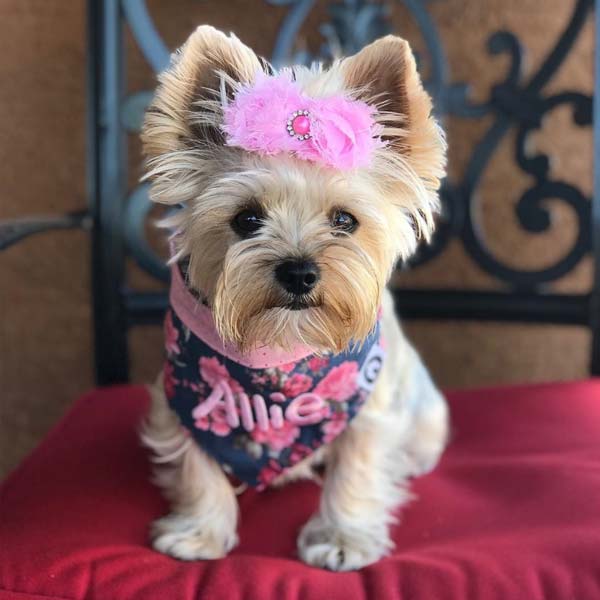Dogs are pretty amazing, right? Not only do they make the best pets, but they’re also absolute legends with the ability to support people struggling with mental illness. They actually help improve the health and quality of life for those who suffer from any number of mental illnesses. Of course, not all dog breeds are created equal when it comes to acting as emotional support animals. If you’re considering getting a new canine to act as your Emotional Support, there are 10 breeds best suited for Emotional Support work in the whole doggo world.
1. Labrador Retriever
Labradors are known to be some of the gentlest breeds around, so they make perfect Emotional Support. Another bonus of this popular dog breed is that they’re highly food-motivated, making them much easier to train than other breeds. Labradors are great with kids too, so they’re perfect to welcome into families. These dogs are the ultimate all-rounders, so they make an excellent choice for Emotional Support work.

2. Beagle
Beagles are slightly dopey in a super cute way, of course and utterly adorable as pets. Their lovable nature also ensures that they make great Emotional Support. Beagles possess a personality that includes the best of both worlds either active and energetic or cuddly and calm. Beagles make really versatile Emotional Support.

3. Yorkshire Terrier
Yorkies are the sweetest of the sweet lap dogs. Tiny little things, they don’t require a huge amount of space or exercise, which makes them a great choice for owners who live in apartments and can’t do lots of exercise to keep their pup healthy. Yorkshire terriers are happiest when they’re perched on their owner’s lap or at least somewhere nearby. This makes them great Emotional Support, as they are super affectionate little dogs that love physical contact.

4. Corgi
Corgis represent a stable, obedient and loyal breed. Although short in stature, this breed is certainly not short on personality. Corgis make a good choice for an Emotional Support because of their even-tempered nature and loyalty to their owner.

5. Pug
Just one look at a pug’s adorable yet hilarious mug puts a smile on your face. Pugs are great with kids, and also great at tuning into the emotions of their owners. This makes them excellent at being emotional support animals, as they’re able to sense your mood and lift it with their cheeky behavior and cute mannerisms.

6. Cavalier King Charles Spaniel
The floppy eared good looks of the Cavalier King Charles Spaniel are a key draw of this type of dog. These spaniels are mellow, quiet and low-energy dogs. They’re also very low maintenance, meaning that if you have depression that limits your activities, this breed makes great Emotional Support.

7. Pomeranian
These balls of fluff are the ultimate lap dogs, making them a perfect choice for Emotional Support. Pomeranians love nothing better than being close to their owners at all times, so they’re the ideal pets to provide attention and affection as Emotional Support. If you want a pet to become your closest friend, a Pomeranian is a great choice.

8. Golden Retriever
Like the Labrador, golden retrievers are a loyal, lively breed that requires a moderate to the high amount of exercise, which makes them good as Emotional Support for those who are comfortable with that. Make sure you’re able to give them the appropriate amount of activity and stimulation they need.

9. Poodle
Poodles are an incredibly smart breed that bond closely with their owner. Their high level of intelligence means they’re very easy to train, a valuable quality in Emotional Support. Having a pet that’s highly trainable means that you’re less likely to experience issues when flying with your pet.

10. Chihuahua
Chihuahuas are one of the most people-loving and neediest! breeds. If you’re after a dog that bonds closely with you and you have plenty of time and attention to give it, then this teeny-tiny breed can be a good Emotional Support choice.
